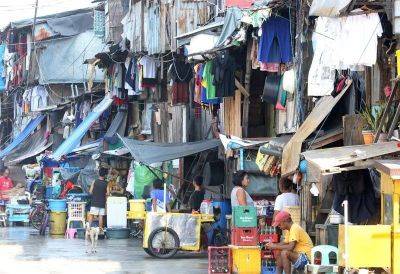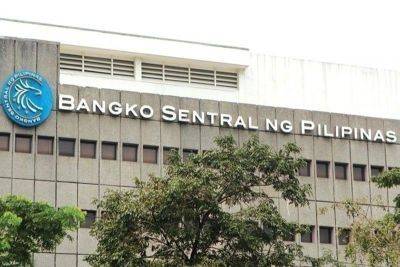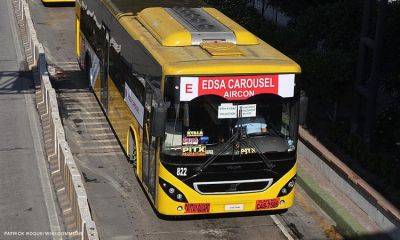Higher poverty rate attributed to typhoons’ impact on prices
MANILA, Philippines — The higher percentage of Filipino families who considered themselves as poor is linked to the recent typhoons that raised food prices, the National Economic and Development Authority (NEDA) said yesterday, as it assured the public that the government remains focused on reducing poverty incidence to nine percent by 2028.
According to a nationwide survey conducted by the Social Weather Stations (SWS) from Sept. 28 to Oct. 1, 48 percent or 13.2 million Filipino families rated themselves as poor during the third quarter this year, higher than the 12.5 million or 45 percent estimated in June 2023.
“We note that the SWS September survey was conducted after a series of typhoons hit the country, which also affected food prices and directly impacted families who lacked the means to cope with the increase in prices,” NEDA Secretary Arsenio Balisacan said in a statement yesterday.
“As we noted earlier, poverty measures based on respondents’ perceptions are sensitive to inflation, particularly for essential commodities. Food inflation in September was higher than in June this year due to the supply disruptions,” he added.
Balisacan said the Marcos administration is implementing several measures to provide immediate assistance to those in need, including the rollout of the food stamp program, removal of pass-through fees for vehicles transporting goods and the distribution of cash aid through the Rice Farmers Financial Assistance program.
The “Walang Gutom 2027” food stamp program aims to reduce the incidence of involuntary hunger among low-income households by giving them financial assistance in the form of electronic benefit transfer cards that can be used to purchase select food commodities from eligible partner merchant stores.
Meanwhile, the suspension of the “pass-through” fee collection of local governments on national roads, which was contained in Executive Order No. 41, aims to lower the costs of agricultural goods. President Marcos has also approved the release of about P12.7 billion for the RFFA program, which seeks to help about 2.3 million farmers tilling below two hectares of land.
According to Balisacan, the administration is focused on






